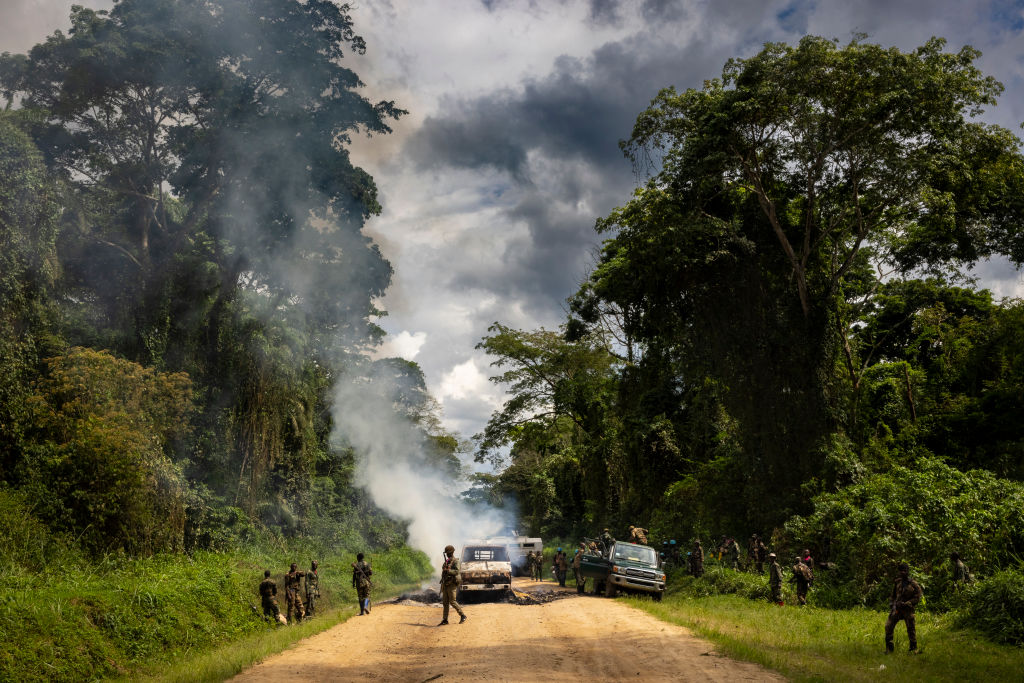ADF STAFF
As the Islamic State group (IS) has shifted its focus to Africa, South Africa has emerged as a locus of funding for the group’s operations on the continent — a situation that the country’s leaders say they are working to resolve.
IS reportedly has cells in Durban and Cape Town that funnel money into its operations elsewhere on the continent. Those cells raise money through illicit activities such as ransom kidnappings, money laundering and extortion.
The group’s African financial operations have become more important in recent years as its core Middle East operations have shrunk due to military operations that have stripped it of territory in Iraq and Syria.
IS built its financial power in those countries between 2014 and 2017 by selling oil, extorting local economies and looting banks. Since 2019, it has relied on African groups to provide funds for its activities on the continent.
Since February 2023, South Africa has been on the “grey list” of the Financial Action Task Force, an international anti-money laundering organization based in Paris. The task force says South Africa has had trouble reining in activities used to finance the operations of IS affiliates such as al-Shabaab in Somalia and Islamic State Central Africa Province in the Democratic Republic of the Congo.
The task force identified 60 points where South Africa’s financial system fell short in controlling the kind of money laundering activity that support IS affiliates on the continent.
South Africa has passed legislation such as the Prevention of Organized Crime Act, aimed at stopping money laundering. However, observers say, South Africa’s lax enforcement of its anti-money laundering measures allows IS and other groups to move money without raising alarms.
“A number of incidents have unfortunately given the impression that South Africa is a hub for the financing of terrorism,” Martin Ewi, regional coordinator for Southern Africa at the Institute for Security Studies’ ENACT organized crime project, told AFP.
In many cases, financial transactions are in amounts too small to draw attention. Other times, they advance through the informal hawala system that moves money through a system of brokers without using wire transfers or other traceable systems.
Ewi told ISS Today that he thought South Africa was doing all it could to get off the grey list. Doing so could require some successful prosecutions under terrorist legislation, he added.
One benefit of the grey listing, according to Ewi, has been greater collaboration between the government, corporate sector, and civil society in South Africa to fight terrorism and terrorist financing.
South Africa’s neighbors have had their own experiences on the grey list. Botswana was added to the grey list in 2018 and removed in 2022. Zimbabwe joined in 2019 and left in 2022. Namibia was added this year along with Kenya.
South Africa’s Treasury has said it expects the country to remain on the grey list through 2024. However, Treasury officials say they will address some of the deficiencies in its anti-money laundering enforcement by the end of October, with the goal of being removed from the list by 2025.
“Addressing all the remaining actions and demonstrating that improvements are sustainable by February 2025 will require a significant effort from all the relevant South African authorities,” Finance Minister Enoch Godongwana wrote in his most recent budget document.

